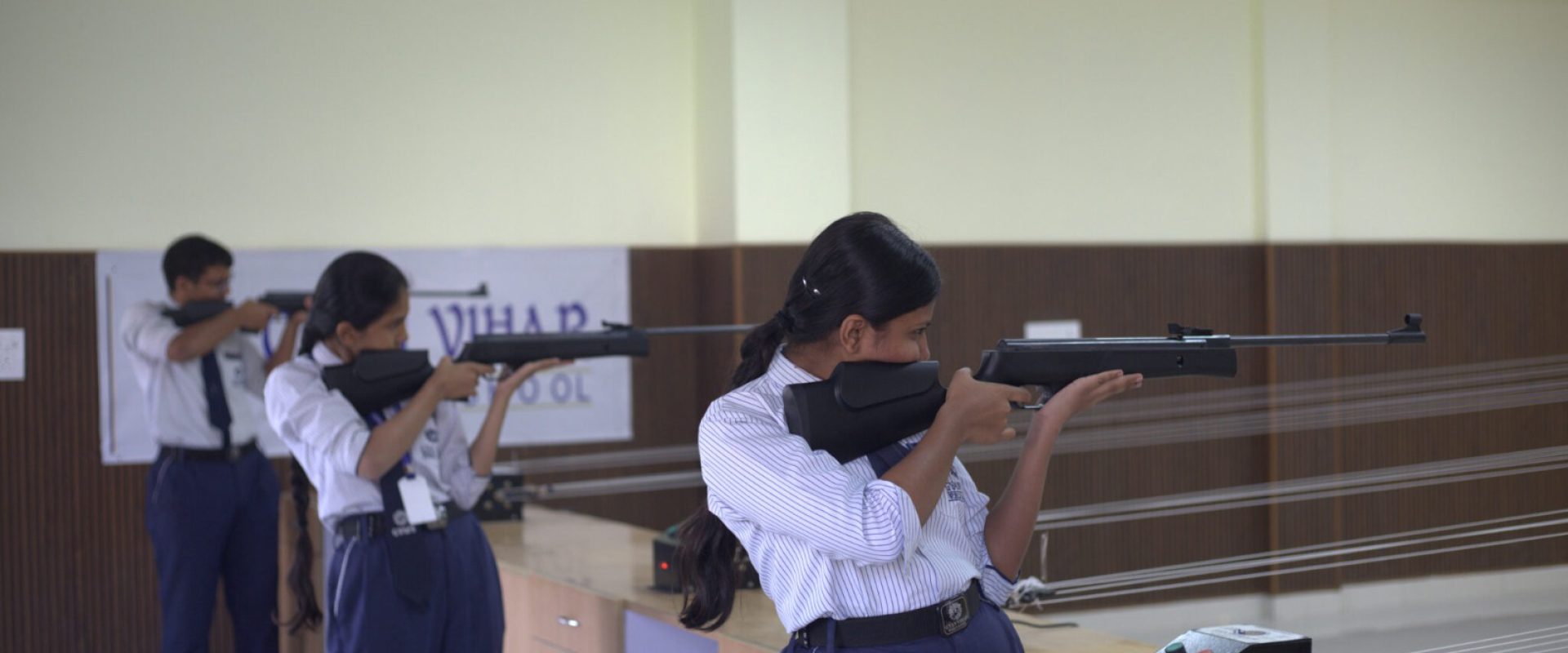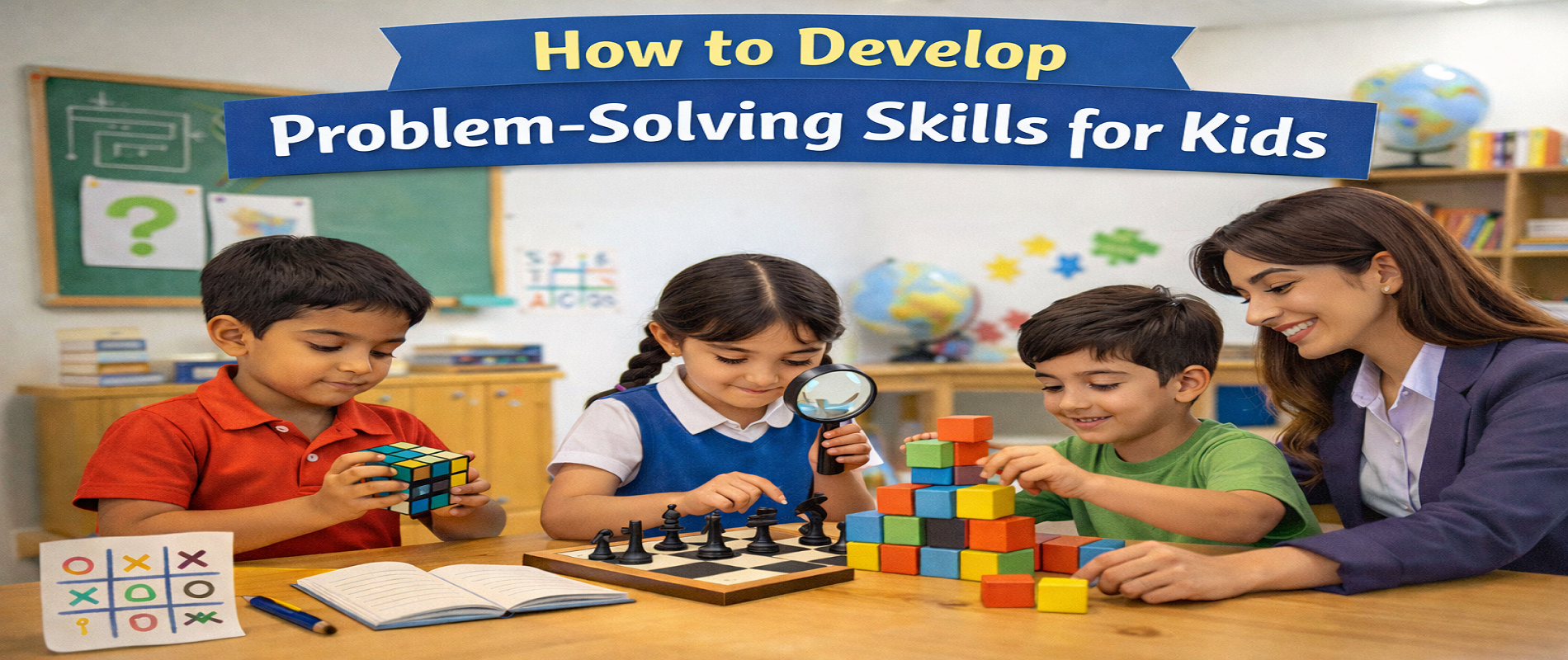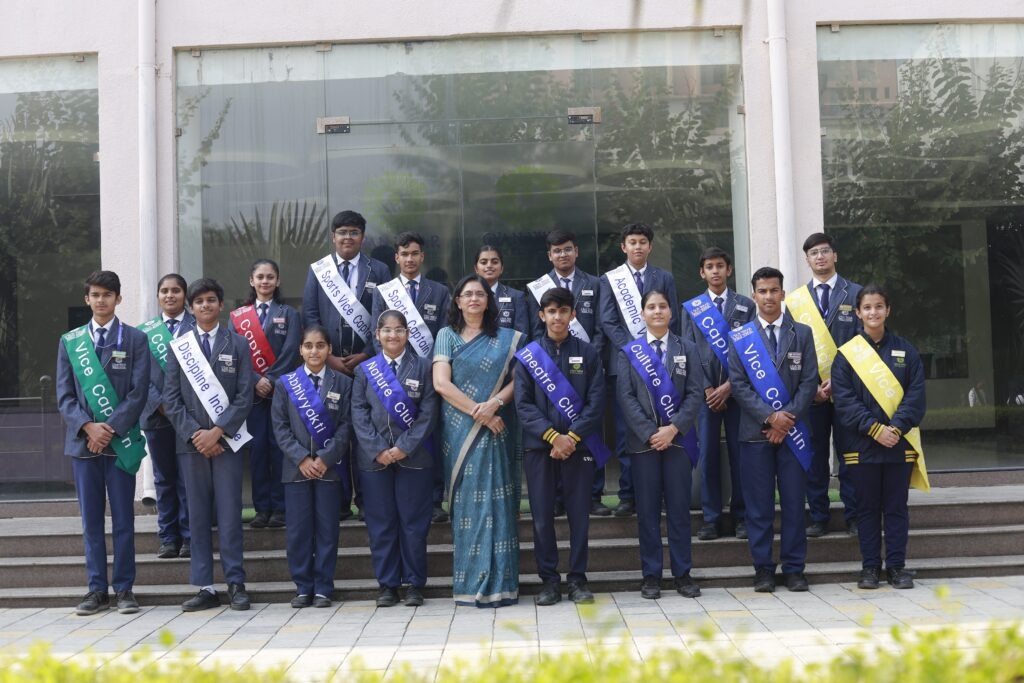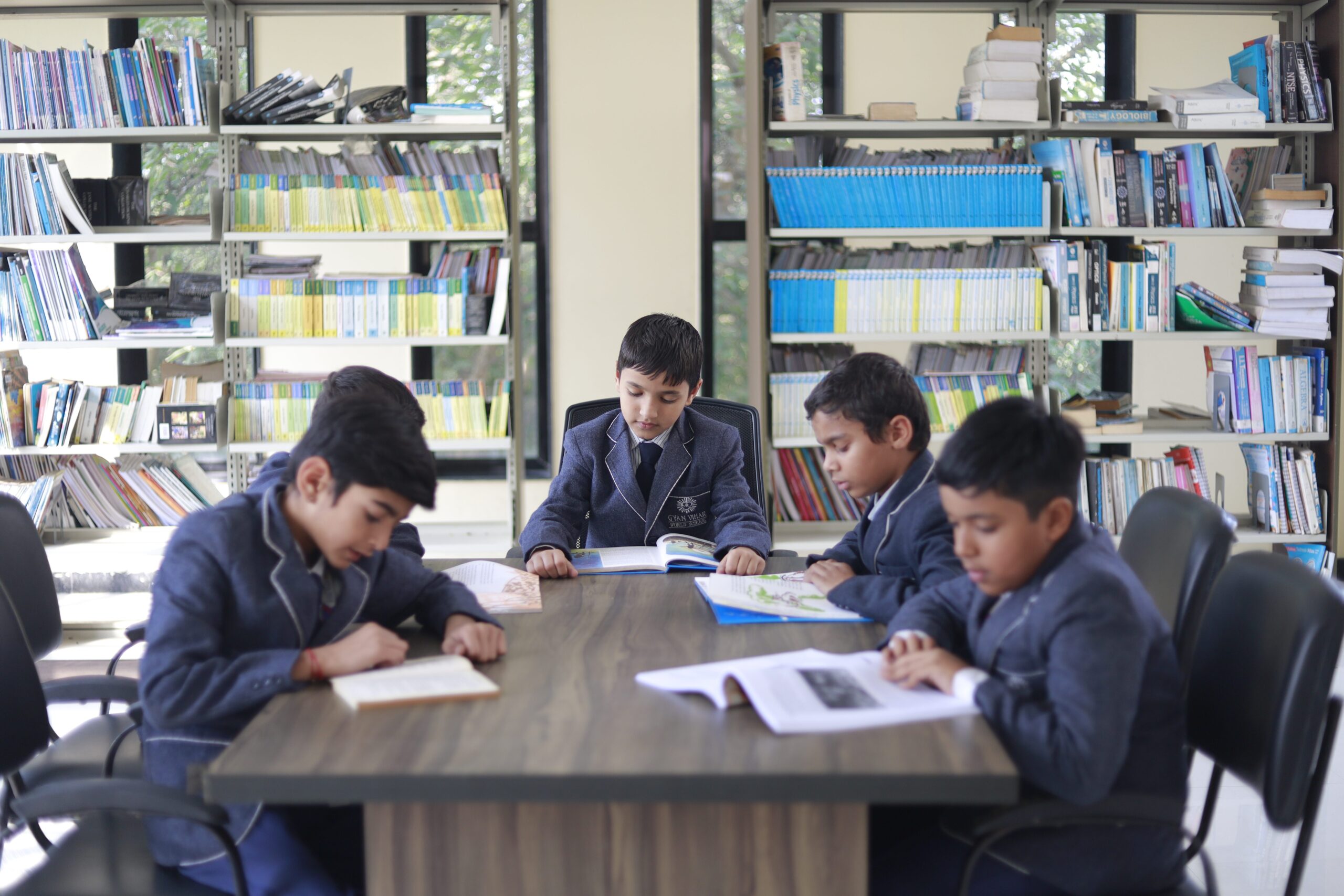Choosing the Best CBSE School in Jaipur is no longer just about studies—it’s about selecting an institution that encourages a child’s overall growth. In the current fast-paced and competitive world, schools that provide good academic performance along with a variety of physical education activities enable students to develop into well-balanced, disciplined, and confident individuals.
Here are 5 crucial reasons why it is important that schools provide a variety of sports to their students:
Physical Health and Early Fitness Awareness
Having an assortment of sport activities guarantees every child has one that they prefer. Football and lawn tennis boost cardiovascular endurance as well as physical fitness, whereas horse riding strengthens the core muscles and balance. Taekwondo, as a martial arts sport, develops reflexes, coordination, as well as body flexibility.
These physical gains set the stage for a healthy life. Kids who are physically active at an early age are less likely to develop sedentary habits in later life. Being able to find sports facilities on campus also implies that students can incorporate physical activity into their daily life easily.
Discipline Through Structured Activity
Discipline is not built overnight—it has to be practiced consistently over time. Normal sports training like learning kicks in taekwondo or being faithful to team tactics in football develops habits of punctuality, perseverance, and hard work. These habits of routine help students manage time effectively and remain focused towards goals, organizing their personal as well as study life.
When a school offers various sporting options, the children realize that discipline is universal—it can be applied in all the same ways to scoring a goal, training for a game, revising for an exam, or even handling unexpected academic pressures with calm and focus.
Confidence and Social Development
Every sport provides its own means of developing self-confidence. To some, it may be learning how to remain stable while horse riding, and to others, it may be hitting a point in lawn tennis or executing a routine in taekwondo with precision and focus. Moreover, sports teach children how to interact, communicate, and collaborate with peers effectively and respectfully. Being part of a team nurtures empathy, leadership, and the ability to both support and be supported during challenges and successes. These lessons extend beyond the field into classroom group projects, social circles, and eventually, professional workplaces.
Building Leadership and Problem-Solving Skills
Sports tend to evoke leadership skills naturally. Guiding a football team, deciding quickly on the field, or instructing a teammate through a taekwondo routine demands confidence and strategy.
A CBSE school with top-tier infrastructure provides room for these roles in the form of inter-school competition, daily training, and coaching specific skills. Students get to learn responsibility in leadership, making swift but wise decisions, and examining consequences—all amidst juggling emotions, peer relationships, and handling unexpected challenges. These are foundational blocks of practical leadership that prepare them for future academic and career environments.
Emotional Balance and Stress Relief
Today’s learners balance academic demand, social stress, and worry about the future. Sports serve as a positive outlet to vent that tension. Physical exercise, particularly high-intensity ones such as taekwondo or high-speed games such as football, allows pent-up tensions and energies to be released in a healthy, constructive way. Participating in sports also educates students on how to handle disappointments graciously. Losing a game or failing to master a move enables children to develop resilience and emotional stability. They learn that failure is not an end—it’s part of the journey toward growth and improvement.
Modern education focuses on more than marks; it nurtures life skills. Gyan Vihar World School exemplifies this approach by offering students opportunities to thrive not just inside classrooms, but also on the field. As a CBSE school with best infrastructure, it houses top-tier facilities like a well-maintained basketball court, taekwondo training, lawn tennis court, football fields, and even horse riding areas—proving that a strong sports foundation is key to overall growth.
A child’s success is not solely measured by report cards. The habits they acquire, the confidence they gain, and the resilience they build often come from the field as much as the classroom and a well-rounded child is not merely educated, they are empowered.







